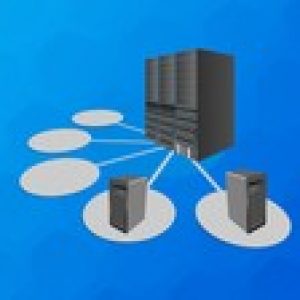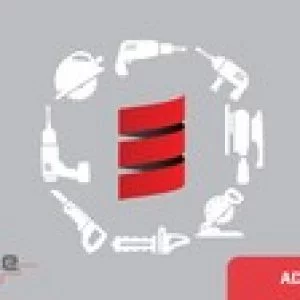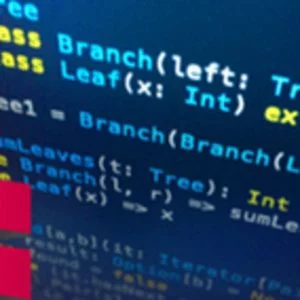
Akka Remoting and Clustering with Scala | Rock the JVM
$39.99 $16.99Track price
In this course, we will learn how to write truly distributed systems with the powerful Akka Remoting and Clustering. You’ll write 1500+ lines of Akka code yourself, with guidance, and you will become a rockstar. You will learn the power of remote actors and clusters, including Cluster Singleton and Cluster Sharding, which normally take months (even years) to master.
This course is for Scala/Akka programmers who need to design high–performance, large–scale, reactive distributed systems.
You probably know Akka already:
it speeds up the development of concurrent applications by as much as 10x
its demand has exploded
it’s a highly marketable skill
it’s incredibly fun – power in your hands!
I like to get to the point and get things done. This course
deconstructs all concepts into the critical pieces you need
selects the most important ideas and separates them into what’s simple but critical and what’s powerful
sequences ideas in a way that clicks and makes sense throughout the process of learning
applies everything in live code
The end benefits are still much greater:
a completely new mental model around distributed systems, remote actors and clustering
a more marketable resume
more enjoyable work – Akka is fun!
This course is for established programmers with experience with Scala and Akka at the level of the Rock the JVM courses. I already assume a solid understanding of general programming fundamentals.
Specification: Akka Remoting and Clustering with Scala | Rock the JVM
|
9 reviews for Akka Remoting and Clustering with Scala | Rock the JVM
Add a review Cancel reply
This site uses Akismet to reduce spam. Learn how your comment data is processed.

| Price | $16.99 |
|---|---|
| Provider | |
| Duration | 7 hours |
| Year | 2022 |
| Level | Expert |
| Language | English ... |
| Certificate | Yes |
| Quizzes | No |

$39.99 $16.99






Jialin Wang –
I love the step by step examples throughout the course and enjoyed the skillful presentation.
Vitalijs Kurecs –
Cool lector. Thank you
Anonymized User –
Great overview of the topic! The increasing complexity from remoting up to cluster sharding was logically presented. I learned a lot of useful information in a much more digestible way than just sifting through the documentation. And I also had fun, it was genuinely enjoyable. 🙂 A minor nitpick: the most interesting topic (and for me most useful as well) cluster sharding would have benefited from its own exercise and some more in depth discussion on when and how to use sharding and when not to. Best practices, common pitfalls, ways of modeling a system as a sharded cluster. As a complex topic this would have added real value to the course. Another suggestion: a discussion on how cluster node addresses could/should be managed in real life would be awesome. For example via Kubernetes’ API in a containerized environment.
Nguyen Manh Quynh –
Best course for learning Akka Toolkit. Thank you so much Daniel <3
Galileo Luna –
Explicaci n excelente conciso y unos ejemplos que son extraordinario.
Aamir Fayaz –
Great Course.
Mike Schilling –
Great course, giving a lot of examples and hints how distributed systems like Spark work behind the scene. It inspires to to try these techniques on different Use Cases.
Leonardo Schick –
Good course, although still uses the classic library instead of the current typed library.
Richard Nguyen –
Definitely a dense course, but was insightful.